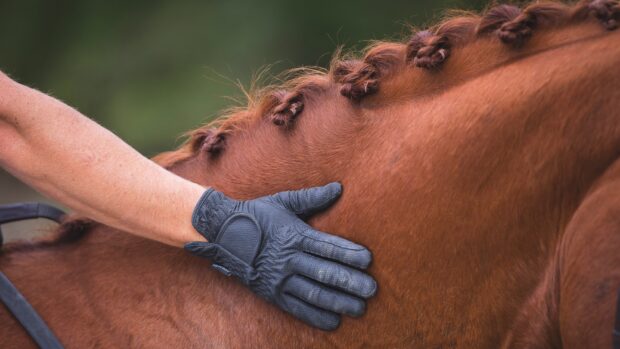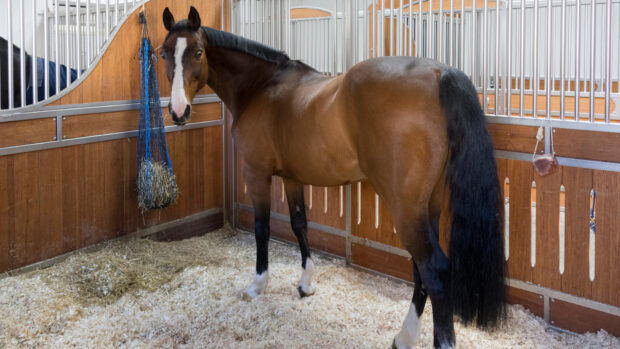Scientists have identified a set of genes linked to successful racehorses, in new international research.
The study compared genomes of thoroughbred, Arabian and Mongolian racehorses to equines bred for other disciplines and leisure. And researchers found a set of genes that play a significant role in muscle, metabolism and neurobiology.
These genes were clearly different in racing horses and were common to all racing breeds, compared to those from non-racing breeds.
“Since the discovery of the ‘speed gene’ in 2009, we have generated genetic data for thousands of thoroughbreds and horses from other breeds,” said University College Dublin (UCD) Professor Emmeline Hill, lead scientist on the project and chief science officer at Plusvital.
“This is the first time this set of genes has been linked to the success of racing breeds. Two of the genes were previously identified for performance in thoroughbreds and Arabians, but the approach we took was to ask what genes were common to all racing breeds and different from non-racing breeds.”
Prof Hill added: “We have discovered a set of genes common to racing horses, but not all horses within a racing breed have the advantageous gene version, so these findings will be useful to identify the most suitable individuals within a breed for racing or for breeding.”
The research was carried out by scientists from UCD, the Royal Agricultural University and Irish equine science company Plusvital, as well as others in Asia, Europe and North America.
Co-author, UCD professor David MacHugh, added: “Although racing is a multifactorial trait, with management and training having a considerable influence on the success of a racehorse, this study provides good evidence for major-effect genes shaping the racing trait in horse populations.”
James Crabtree, a member of the British Equine Veterinary Association’s health and medicines committee, told H&H this is an “extremely interesting and in-depth study”.
“It describes the identification of seven specific genes which are potential candidates contributing to the ability of horses to gallop and race,” he said.
“It is interesting that only two of the genes were previously identified for performance in the thoroughbred and Arabian breeds.
“The genes identified are known to be involved in muscle function, metabolism, and neurobiology and are proposed as genes which make a breed successful at racing compared to non-racing breeds.”
Dr Crabtree added that although this information “may potentially drive breeding decisions”, the thoroughbred now has very low levels of genetic diversity. He referenced 2022 study Inbreeding depression and the probability of racing in the thoroughbred horse, adding that this showed a 10% increase in inbreeding is associated with a 7% lower probability of ever racing.
“So it is clear that there are other wider genomic considerations to bear in mind when making breeding decisions. Nevertheless, this is exciting and informative science at work,” he said.
You might also be interested in:

Subscribe to Horse & Hound magazine today – and enjoy unlimited website access all year round

Project Pony – new scheme matches talented young riders with top ponies

Katie Jerram-Hunnable: ‘As costs continue to rise, I’ve been asked for “winter rates”’

How to watch the Olympics confirmed for next decade
Horse & Hound magazine, out every Thursday, is packed with all the latest news and reports, as well as interviews, specials, nostalgia, vet and training advice. Find how you can enjoy the magazine delivered to your door every week, plus options to upgrade your subscription to access our online service that brings you breaking news and reports as well as other benefits.




